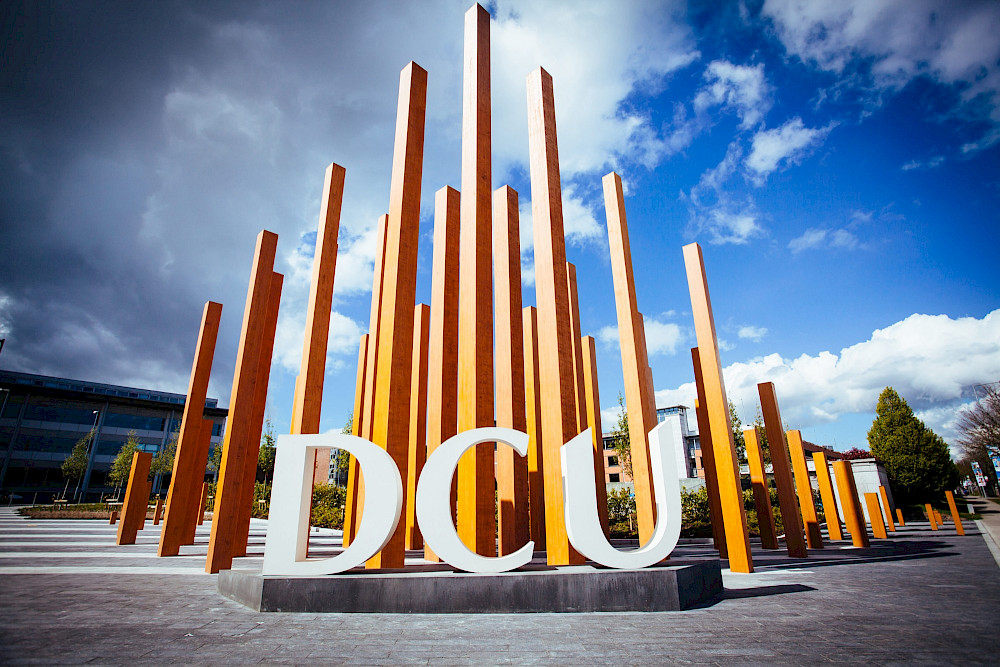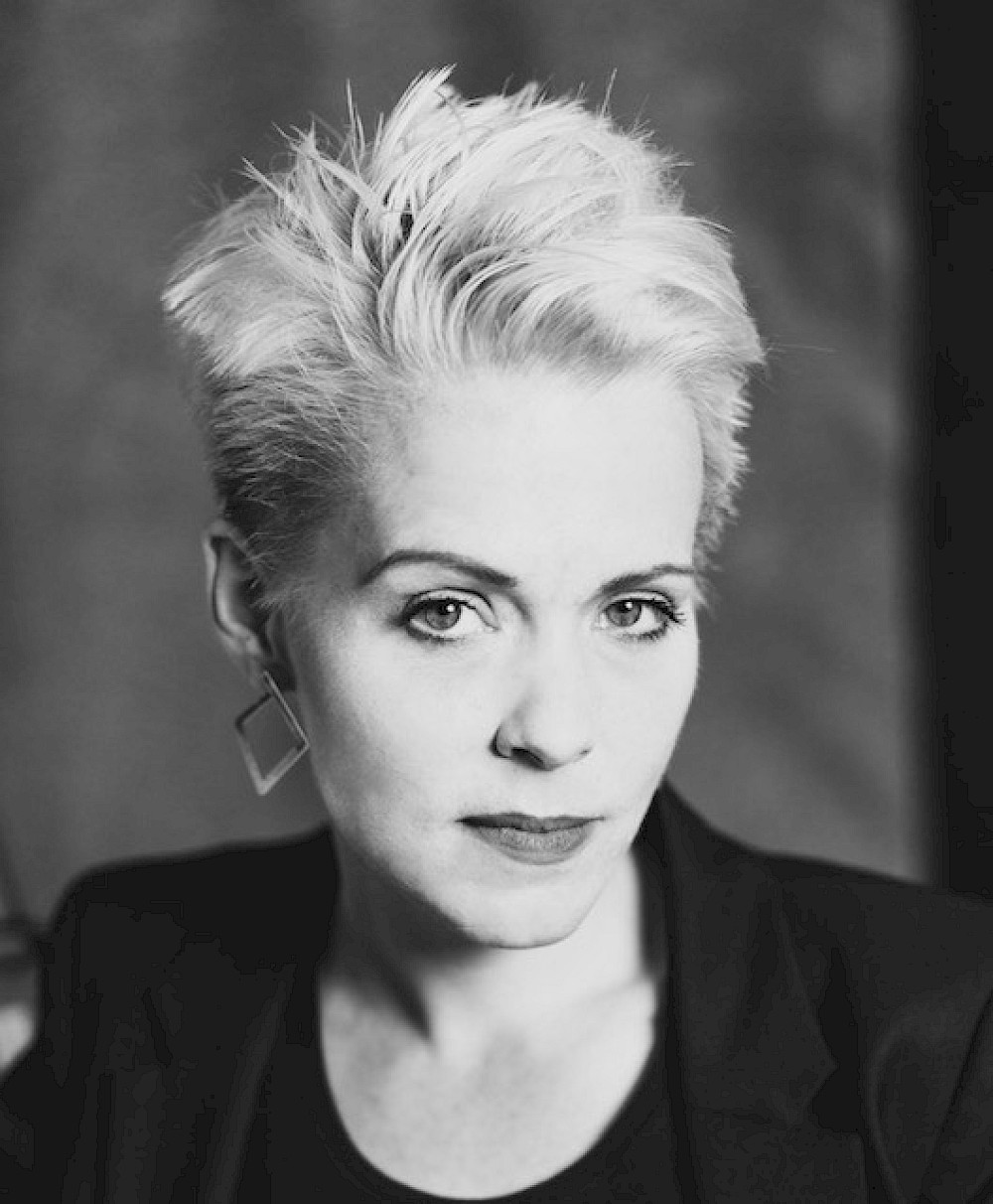About
Dr Dannica Fleuss is a postdoctoral researcher at Dublin University’s Centre for Future Media, Democracy & Society and a Research Associate at the Centre for Deliberative Democracy and Global Governance (University of Canberra, Australia). She is also a co-convenor of the British Political Studies Association’s Participatory and Deliberative Democracy Specialist Group, an Associate Editor of the academic journal Democratic Theory and a member of the Junior Scientific Advisory Board of the German academic publisher Verlag Barbara Budrich.
Her research and teaching focus on theories of democratic legitimacy, empirical and theoretical assessments of deliberative democracy, and decolonial theory. Her recent monograph Radical Proceduralism: Democracy from Philosophical Principles to Political Institutions (2021, Emerald Press, UK) proposes a theory of political legitimacy that is inspired by deliberative and radical democratic theory as well as empirical “institutional experimentation” and explores the role of political theorists in democratic societies.
Dannica joined FuJo in 2022 as a postdoctoral researcher after finishing a postdoctoral project (habilitation) entitled “Bridging Theory and Method in Studying Democratic Quality” at Helmut-Schmidt-University Hamburg where she also worked as a senior lecturer in Political Theory and Democracy Studies (2016-2022). More details and a comprehensive list of publications can be found here.
Her work at FuJo is devoted the EU-funded project EuComMeet (Horizon 2020) and the IRC Laureate project COMDEL. Both projects explore the potential of deliberation to counteract contemporary democratic and societal challenges; COMDEL particularly investigates how deliberative democracy can promote policies that counteract climate change and peoples’ misperceptions about climate change. Hence, it explores how the communicative gaps between climate science, citizens, media, and elite policymakers may be bridged to arrive at more environmentally-friendly democratic politics.
Dannica holds an M.A. in Philosophy and Political Science (with highest distinction) and a PhD in Political Science (summa cum laude/with highest honours) from Heidelberg University (Germany). During her undergraduate studies, she spent a semester at the National University of Ireland, Galway. From 2014 until 2017, she worked as a Lecturer at the Departments of Political Science and Philosophy at Heidelberg University. She spent times as a Visiting Research Fellow and Visiting Lecturer at the University of Canberra (Australia), Westminster University (UK), the University of Nairobi (Kenya), the Technical University of Kenya and the University of Dar es Salaam (Tanzania).
Furthermore, Dannica is a spokesperson of the German Political Science Association’s {DVPW] Teaching and Learning Specialist Group. Her work and publications in this context are devoted to methods for teaching Political Theory and providing networking opportunities for lecturers in Political Theory. Also based on her international and intercultural teaching experiences, she employs feminist and intersectional perspectives to create egalitarian teaching and learning environments that enable students with different (cultural, economic, etc.) backgrounds to participate on equal grounds.
More information about Dannica can be found on her website.
Related Projects

EUComMeet aims to examine the conditions under which deliberation and representation can be an effective response to the challenges besetting liberal representative democracies. The project will experiment with ways of systematically embedding deliberative practices and institutions in the multilevel system of governance and representation of the EU. It will also explore how deliberation and participation can help reduce polarisation, strengthen European identity, encourage inclusiveness and nar...

